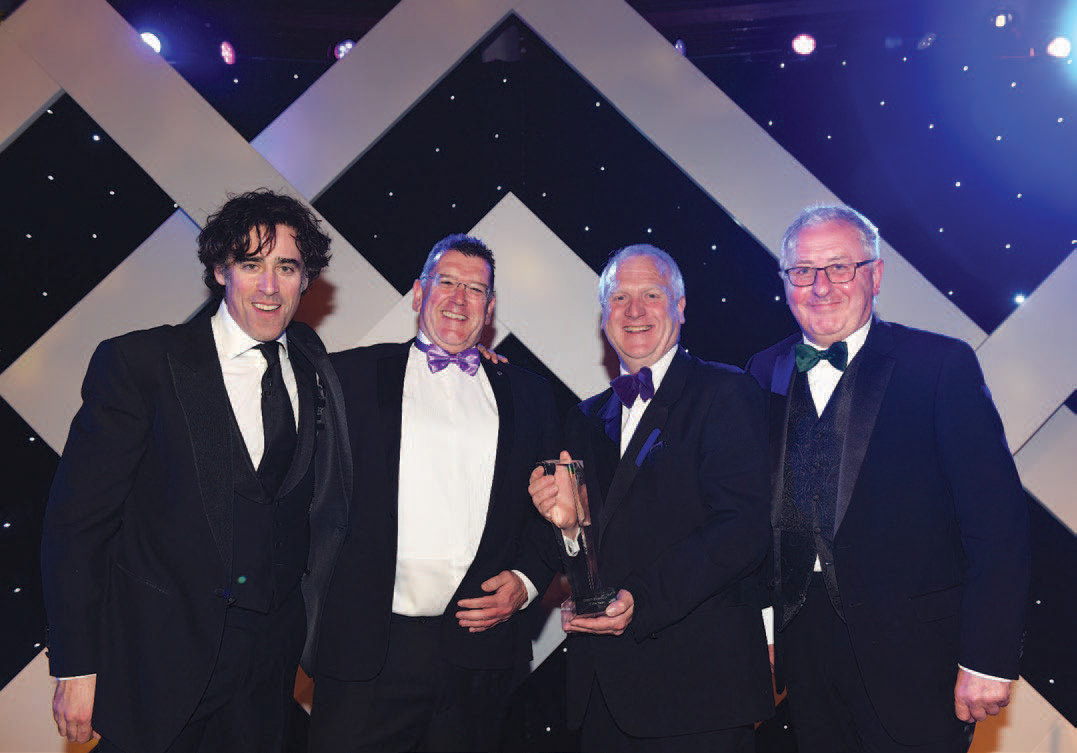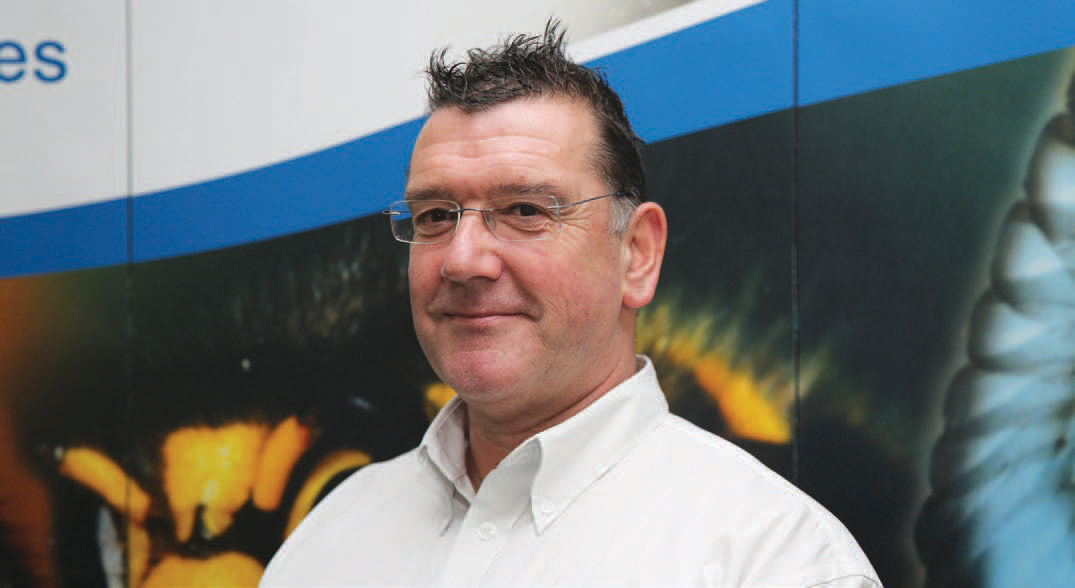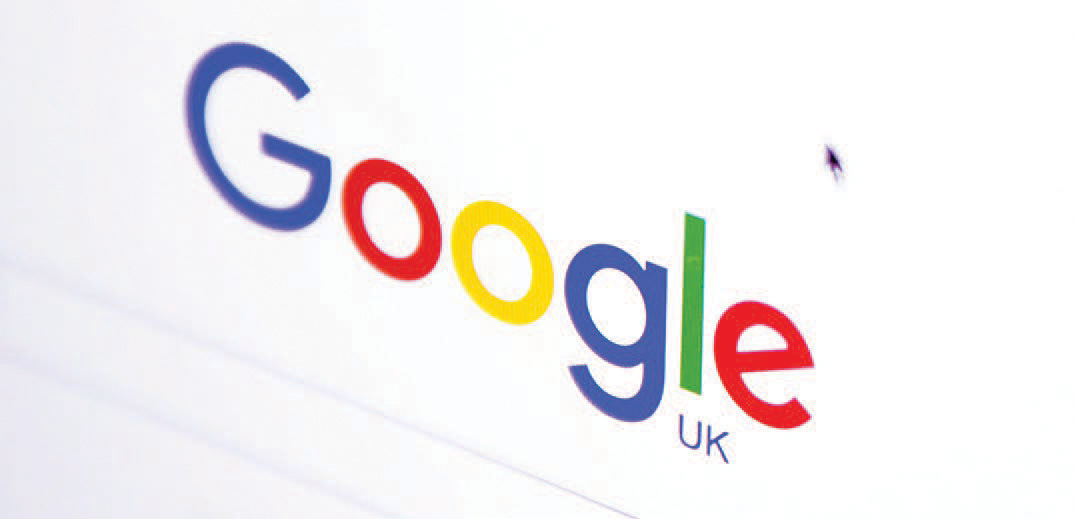
What does your company do?
As the name suggests, we provide pest control services. To the average person this might seem like a fairly straightforward business but it is far from it. What we do is constantly changing in many respects from legislative issues to do with the use of pesticides, to the vast range of accreditations needed to work in different sectors and different pests becoming resistant to treatments.
We are also registered to remove waste and we’ll sometimes find ourselves, the directors included, a foot deep in pigeon mess that needs clearing out before we install netting or wires to prevent the birds returning.
The vast majority of our work is business to business, working with facilities managers who are in charge of a number of sites. Most businesses will have a pest prevention plan which means we are not just reacting when there is a pest problem. Our contracts include an agreed number of visits during the year, whether there are problems or not, so any infestations can be spotted and resolved early on.
How did your company start?
Most of our senior staff started their careers with Rentokil. I left in 1997 and contacted two old friends who had both worked for me as service managers in Rentokil’s London South branch. They had set up a small company in Croydon two years previously, it was turning over about 20k a year and they wanted it to grow. I resigned from a well paid and rewarding job on a Friday, and started with a company that wasn’t making enough to pay one man, let alone three directors, on the Monday. A year later, another old friend joined us as a director. By the end of 1997 we had turned over 37k; January this year we turned over £2million, and we now have 32 staff and are still growing.
What are the current issues for your business and industry?
Our service is all about giving customers peace of mind that we will keep their premises pest free, often helping customers in real emergency and distressing situations.
Our biggest issue is to get the message out there that we can offer a better service than the big well-known brands, and to try to inform people to make the right choice and that the cheapest option is not necessarily the best one, or also that expensive does not always equal quality.
What are the most common pest problems you have to deal with?
We define a pest as an organism that is detrimental to man or his environment. In some ways it follows the gardener’s definition of a weed – it is a plant growing in the wrong place. A fly on the window is not necessarily a problem – that same fly doing breast stroke in your soup probably is!
The most common pests we deal with are rodents. Rats go into property usually by mistake. Mice on the other hand want to be there and will often have been there some time before you see them and the first signs will be their droppings.
Pests know no boundaries and much of our work is in Mayfair and Belgravia. We see inside some of the most expensive properties in the country. I once carried out a survey at an Arab prince’s property in Princes Gate – 60 toilets, each with a gold plated waste pipe, and two industrial air conditioning units, one for the servants and one for the royal family.
Calls to deal with squirrels and parakeets are also increasing. The damage these creatures can cause is staggering. The growing parakeet population in South London is particularly problematic as these birds are expert at accessing buildings through places like vents and then destroying internal timbers and vents.
How do you tackle these pests?
We recruit and retain staff who we know will love their work despite the challenges they face. These could include crawling around in dirty roof spaces or cellars, climbing up the sides of buildings in all weathers or dealing with aggressive rats and squirrels. We make sure our staff are superbly trained and equipped to deal with different situations.
Every member of staff signs up to the ‘Cleankill Way’ which engenders how people are expected to work. The organisation’s values include: honesty and integrity; customer excellence; autonomy and innovation; open/ two-way communication; teamwork and willingness to learn and share knowledge.
What is the ethos?
The key to our approach is focusing on helping people and solving their problems rather than selling a service. We believe that if we focus on offering the best possible service and exceeding customer expectations, then the profits will follow.
We also focus on the long-term gain. For instance a certain contract, like a pest-prevention contract involving an independent restaurant, may be smaller than others but if you look at the lifetime of the contract and you keep that customer, they are just as valuable as a large one-off job. They may also give you word of mouth recommendations that lead to more business.
So whether we are treating a bedsit or a palace, we give each customer the same high level of service.
Cleankill is the only pest control provider in the UK to achieve a Silver Investor in People accreditation. Cleankill is a proud member of the British Pest Control Association, as well as being approved to ISO9001 and ISO14001, and fully accredited to the Altius Vendor Assessment, PICS, Safecontractor, Exor, Constructionline and Achilles Health and Safety. Cleankill was ‘Best Green Business’ in the Gatwick Diamond Awards 2017 and Best Service Provider in the ARMA Ace Awards 2017.







